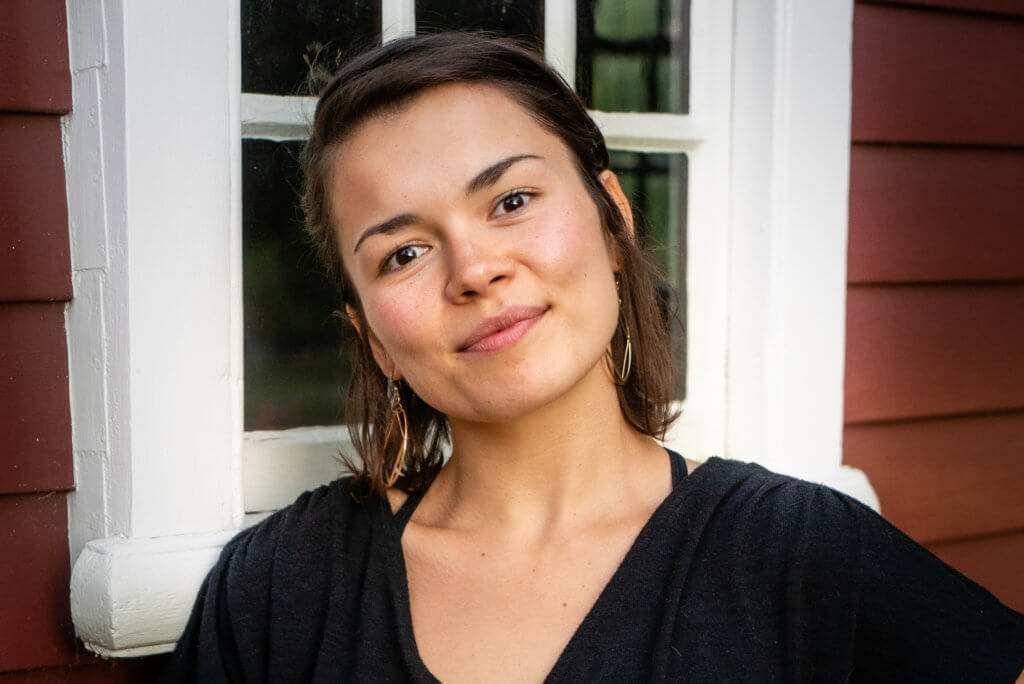Episode
Highlights
Writing in Spanish
“I would do shows, and most of the time, my parents couldn’t understand. They were happy for me, but they just couldn’t understand. And I just wanted to make sure that there was a space where my family, my community, can be part of it, too.”
—JENNY SÁNCHEZ
About Abue!
“It’s a play that follows the journey of Mexican immigrant family that, you know, they want to follow the American dream.”
—JENNY SÁNCHEZ
First-gen cast
“We had similar experiences. Most of [the actors] are first generation. And they’re the first generation to follow and pursue a career of acting, theatre. So we can all relate.”
—JENNY SÁNCHEZ
machismo
“It was something I think I was trying to understand in my personal life. It’s something that yeah, it’s personal to me, but other people can relate to it. They don’t have to have a business, but I’m sure there’s families where there is machismo.”
—JENNY SÁNCHEZ
GETTING THE OLDER GENERATION TO OPEN UP
“You have no idea how many people have wanted to interview my parents. And I’m like, ‘Hey, te quiero entrevistar!’ And they’re like, ‘No pero what do I have to say? Like, what if I say something wrong?'”
—JENNY SÁNCHEZ
A FUTURE FOR LATINX THEATER
“I have a gut feeling that there’s gonna be more female playwrights, or just more latino playwrights, latinx playwrights that are just gonna start booming.”
—JENNY SÁNCHEZ

